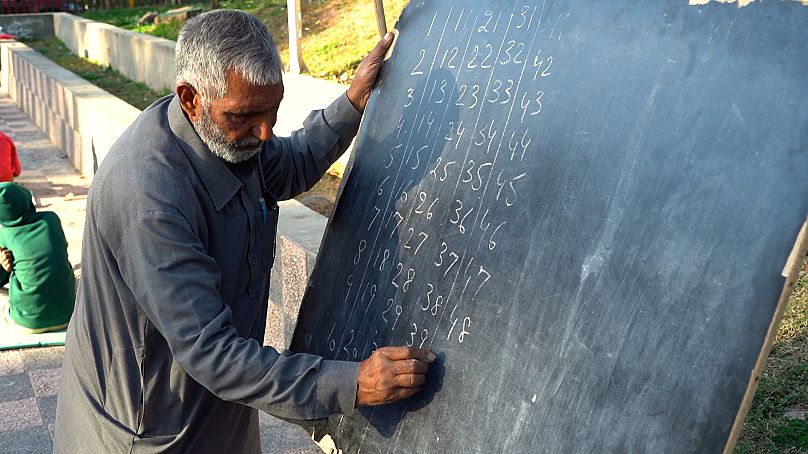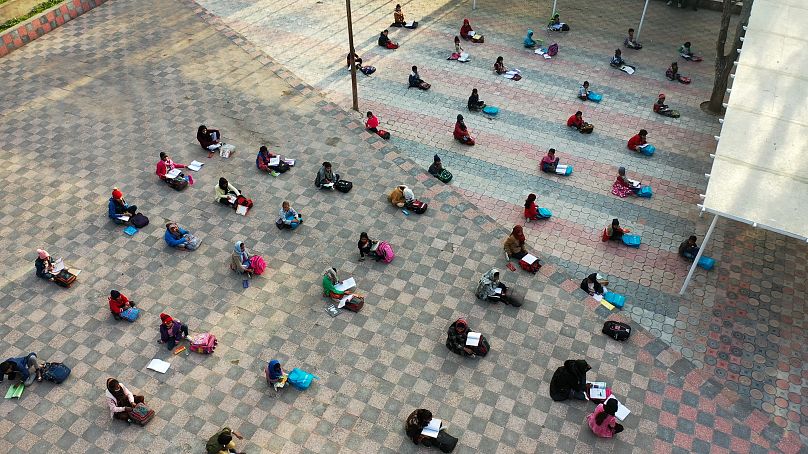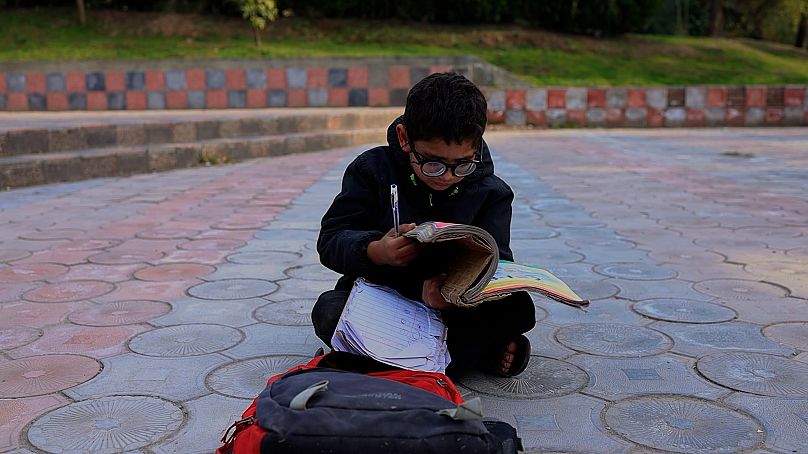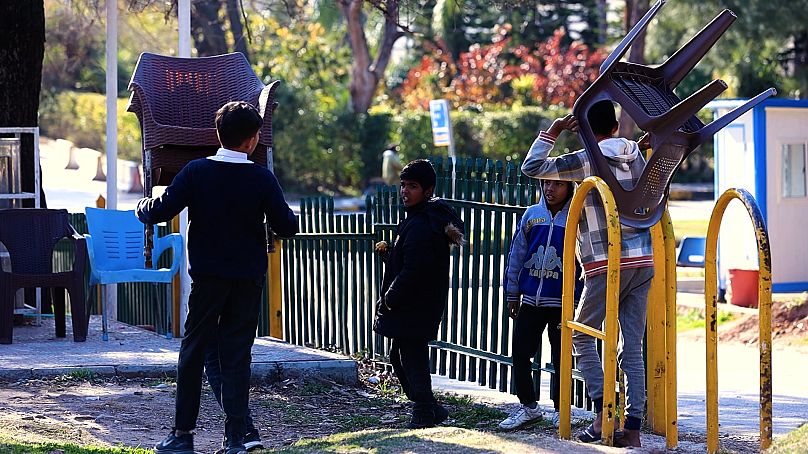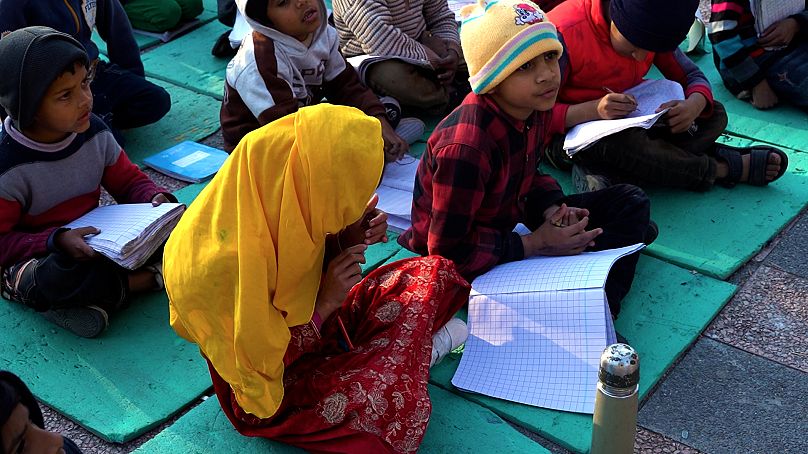In partnership with Media City, Qatar
SCENES shines a spotlight on youth around the world that are breaking down barriers and creating change. The character-driven short films will inspire and amaze, as these young change-makers tell their remarkable stories.
 ADVERTISEMENT
ADVERTISEMENT
 ADVERTISEMENT
ADVERTISEMENT
At first glance, Tariq Arif's life seems to follow an ordinary course. He went to school, pursued a bachelor's degree, and upon graduating, secured a job. Nevertheless, it's not something he took for granted because in Pakistan, 23 million children cannot afford to go to school, and Tariq was one of them.
Tariq's parents moved to the country's capital, Islamabad, in the 1980s but struggled to find employment due to their lack of education. As a result, they were unable to pay for his studies. If it hadn't been for a single individual, Tariq and his siblings would have continued this perpetual cycle of poverty.
"We owe our success and achievements to Master Ayub," Tariq tells SCENES, "I could have ended up like many others in society who have developed bad habits if he had not brought us to this school and taught us."
Breaking the cycle of poverty
Tariq was five years old when he and his family came across Mohammad Ayub Khan, who teaches impoverished children for free. Following the curriculum of the Federal Board of Pakistan, he provides formal education in an informal setting - a neighbourhood park. Within that location, students gather, select their spot on the ground and start studying. In a short span of time, the area became aptly known as Master Ayub's Park School.
"Master Ayub worked tirelessly to ensure that children had access to education. Whenever he saw an uneducated child, he would offer that child a place in his school," says Tariq, who considers Master Ayub his mentor after being under his pupillage for ten years.
Education for all
The plight of an orphan boy kickstarted Master Ayub's mission to educate the nation's children. The young boy used to wash cars in the streets in order to feed his five brothers and three sisters.
"I asked him, 'Why do you wash cars instead of studying?' He replied, 'Who is going to pay for my fees and books? Your father?' His sad reply shocked me to my core," Master Ayub recalls.
This encounter opened Master Ayub's eyes to the number of children missing out on their right to education in Pakistan due to poverty.
"I realised that a number of poor children were stranded throughout the streets of the city. Some were wandering. Some were petty thieves. Some were victims of domestic assaults. I decided to help them through education," Master Ayub says.
The following day, Master Ayub bought some books and pencils to teach the boy. That fruitful day changed everything; he has provided thousands of children with primary education since then. The plight of the children didn't stop there. Most didn't even have a notebook or a pencil to write with. For this, he turned to scrap paper dealers.
"The notebooks are partially used, so I created new ones out of them by joining the unused papers," Master Ayub says. Help is also at hand at his home "My wife helps the children by making notebook covers, stitching school bags for them and more." Master Ayub continued.
Paying it forward
Master Ayub and his wife's efforts have a lasting and life-altering impact on the students. Like Tariq Arif, many former students of the school go on to pursue higher education or secure respectable careers. Some decide to pay it forward and teach for free alongside Master Ayub.
"I used to work as a labourer in the market, but now I am a teacher. I could not even fathom that I could afford to go to school. I was working in sand and gravel every day. Master Ayub made me believe that I could get an education, and his efforts were fruitful," Muhammad Rukhsar explains.
A chance for upward mobility
Muhammad Rukhsar aspires to motivate individuals who, like him, did not think going to school was feasible. Additionally, he aims to give underprivileged children a chance for upward mobility through education.
"Education not only informs us, but it teaches us to be compassionate and to be an upstanding member of society. Education is how you can unlock better opportunities for yourself and your family," Tariq tells SCENES.
When it comes to children out of school, Pakistan exhibits alarming statistics. But Master Ayub is determined to bridge the gap and to level the playing field through free education. He hopes the children he helps will make something of themselves and contribute to the country he loves.













